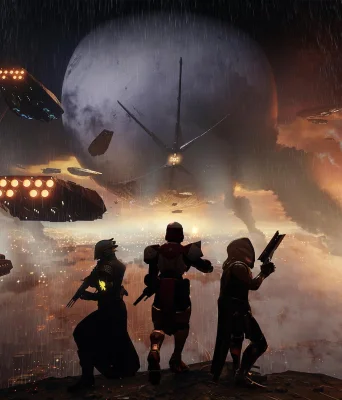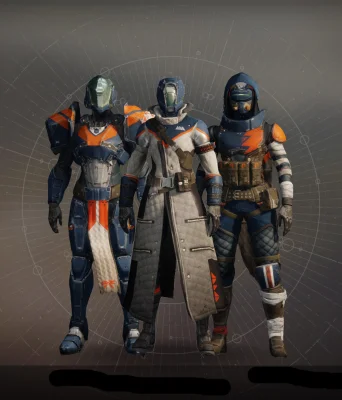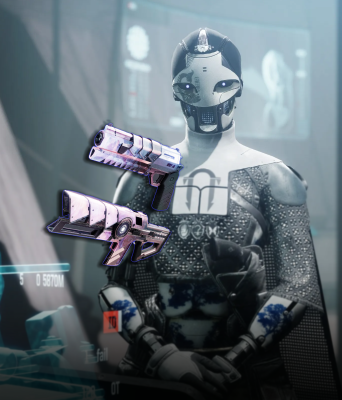A community investigation has exposed widespread cheating in Destiny 2's latest raid competition. Data analysis reveals that 70% of the top 100 teams and 319 out of 569 total Contest Mode clears used exploits to beat the Desert Perpetual raid.
The scandal broke after the Contest Mode of the Desert Perpetual raid had concluded and official data was released, giving community researchers a chance to analyze publicly available game statistics. What they found was unprecedented in Destiny 2's raid racing history.
The Numbers Don't Lie
Community investigator @aquativityy led the analysis using Bungie's API data. The Post Game Combat Reports showed clear patterns that legitimate players couldn't possibly achieve.
Only 250 teams actually completed the raid through fair play. The rest exploited various cheating methods to secure victories in what's being called the game's most difficult raid ever created.
Teams that should have needed 15+ hours were clearing encounters in 6-7 minutes. Some showed overall completion times under 18 minutes for content that took the world's best players multiple hours to finish.
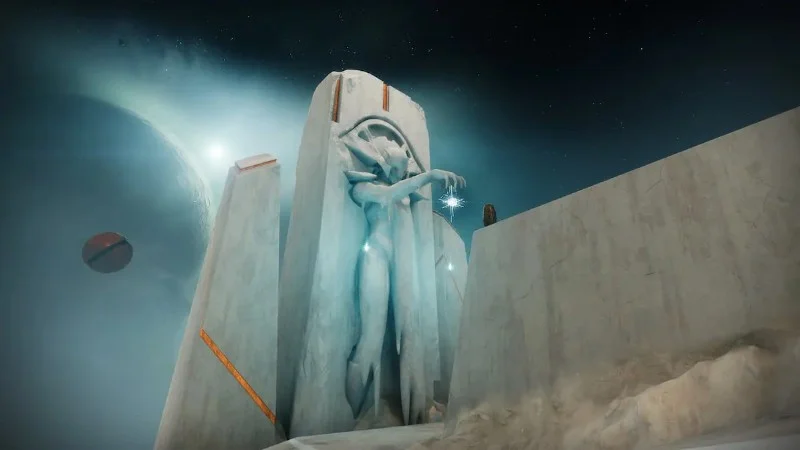
Red Flags Everywhere
The investigation identified several telltale signs of cheating that made fraudulent clears obvious to spot.
Kill Distribution Chaos: Legitimate raids spread damage duties across all six team members. Cheating teams showed one player racking up 1,500+ enemy kills while teammates barely registered double digits. Some individual players had 99 times more kills than their entire fireteam combined.
Suspicious Weapon Choices: Cheaters frequently used Duality and Lorentz Driver, two weapons known for "net-limiting" exploits. These weapons let players manipulate network connections to trick servers into registering inflated damage. Neither weapon works well for legitimate high-level play, making their presence in top clears a dead giveaway.
Garbage Equipment: Some teams completed the game's hardest content using basic blue rocket launchers and other low-tier gear. No legitimate player would attempt Contest Mode with such inferior equipment.
Wrong Class Setups: The Desert Perpetual raid quickly established a meta requiring specific team compositions, particularly Thundercrash Titans for damage output. Teams running five Warlocks lacked the damage potential for legitimate completion.
Fresh Accounts: Many suspicious teams included players with minimal raid experience or brand-new accounts. Some flagged accounts had fewer than five total raid completions yet somehow managed to beat one of Destiny 2's most challenging encounters.
How the Cheating Worked
Most exploits used "net-limiting" techniques where players deliberately throttle their internet connection. This creates server-client communication delays that allow cheaters to register far more damage than their weapons should produce.
Some teams even attempted reduced-size clears with four or three players. Even the world's most skilled legitimate players couldn't pull off such feats given the encounter's mechanics and damage requirements.
The Meta Made It Obvious
The Desert Perpetual raid established clear optimal strategies. Legitimate high-performing teams used Thunderlord and Lord of Wolves weapons with Thundercrash Titan builds. Standard configurations included two Warlocks for healing and multiple Titans for damage, with Hunters playing minimal roles.
Cheaters' weapon choices directly contradicted these proven effective strategies that legitimate teams developed through extensive testing. Their equipment selections made no sense for anyone actually trying to complete the content fairly.
Community Backlash Grows
The allegations initially faced skepticism until investigators provided direct links to team statistics through raid tracking sites like raidhub.io. Community members could independently verify the suspicious data patterns themselves.
The scandal has dominated Destiny 2 forums and social media. Players were already struggling with reception issues around the Edge of Fate expansion, and this cheating revelation has only made things worse.
At Boosting Ground, we want to be clear: while we help players achieve their goals through legitimate means, we absolutely don't condone cheating or exploiting game systems.
Bungie Responds with Investigation
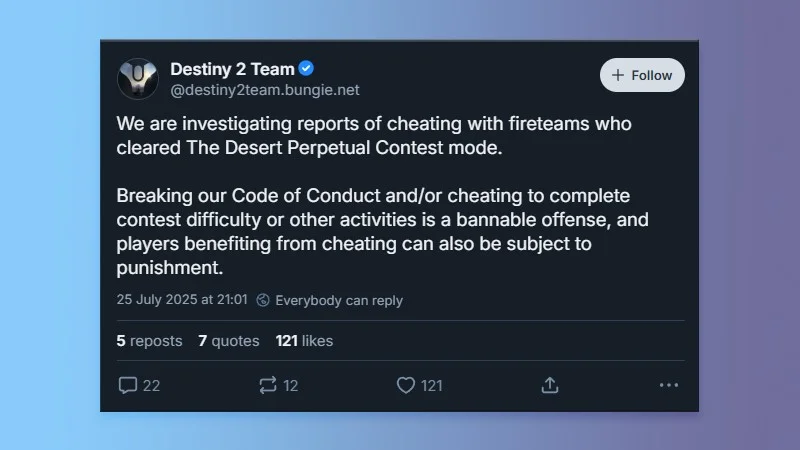
Bungie has officially acknowledged the cheating allegations and launched an investigation. The Destiny 2 team announced on social media that they're "investigating reports of cheating with fireteams who cleared The Desert Perpetual Contest mode."
The developer's statement confirms that breaking their Code of Conduct or cheating to complete contest difficulty activities is a bannable offense. More significantly, Bungie stated that "players benefiting from cheating can also be subject to punishment."
Recent staff reductions at Bungie hit the player security team responsible for detecting and preventing cheating. While the division still exists, reduced capacity may have contributed to the scale of exploitation seen in this raid race.
World First Stays Clean
Despite the widespread cheating, the official World First completion by Team Nuts was legitimate. Their victory was livestreamed and showed no suspicious data patterns, preserving the raid race's most prestigious achievement.
Team Nuts needed over 15 hours to complete their clear on Saturday, July 19, 2025. Their achievement stands as proof of what legitimate skill and dedication can accomplish.
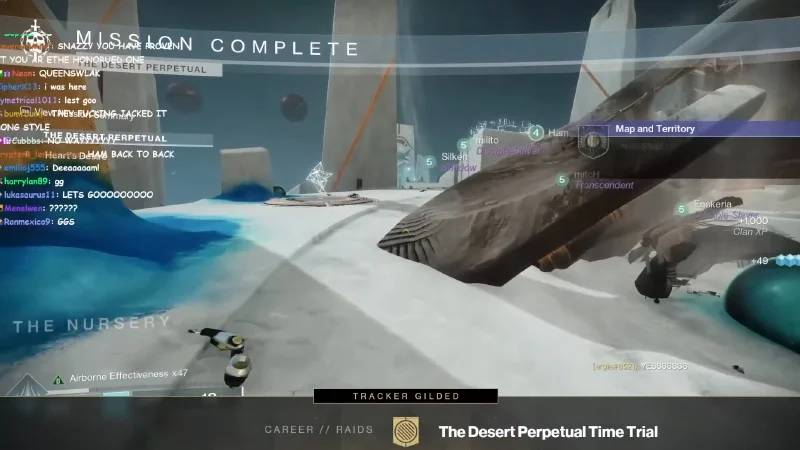
Ban Hammer Incoming?
If Bungie decides to ban all implicated accounts, over 1,000 players could face consequences. That's roughly 319 teams multiplied by varying team sizes.
Enforcement gets complicated because not all team members necessarily used cheats directly. Some players might have unknowingly benefited from teammates' exploits. However, investigators argue that many exploits were so obvious that claims of ignorance seem unlikely.
PvE cheating typically receives less attention than PvP exploits since raid cheaters mainly benefit themselves rather than directly harming other players' experiences.
Unprecedented Scale
Previous Destiny 2 raid launches haven't experienced cheating allegations at this level. This situation represents a unique challenge to the game's raid racing community and Contest Mode events.
Legitimate teams will likely see major ranking improvements once fraudulent entries get removed. Players who initially ranked around 400-500 might jump into the top 100 or top 50 after potential bans.
More Problems Pile Up
The cheating scandal compounds existing controversies around the Desert Perpetual launch. Legitimate players reported numerous technical issues affecting their completion attempts.
Character movement problems prevented proper sprinting. Weapons malfunctioned during combat. Ammunition drops were insufficient. The raid also required controversial mechanics that Bungie had previously tried to discourage.
Some evidence suggests Bungie intentionally increased the raid's difficulty level. Technical problems with damage calculations and enemy power scaling make it hard to determine whether increased challenge was intentional or resulted from programming errors.
Data-Driven Justice
The investigation's strength comes from objective, publicly available data rather than subjective accusations. Each flagged team can be independently verified through official Bungie statistics.
Cross-referencing multiple sources like RaidHub leaderboards and Raid Report statistics confirmed the findings. The sophisticated analysis shows what's possible through Destiny 2's API system.
What Happens Next
Bungie's announcement has sparked mixed reactions across the community. Veteran players are expressing relief that the developer is finally taking PvE cheating seriously, with many pointing out that similar issues in previous raids like Salvation's Edge and Crota received little attention.
However, the enforcement promise has created anxiety among innocent players. Some worry about being caught up in ban waves after unknowingly playing with cheaters through matchmaking systems. Community members are debating how obvious cheating signs should be and whether casual players can reasonably identify exploiters.
The potential mass bans could result in dramatic changes to the raid's completion statistics. If Bungie follows through with removing all fraudulent clears, the Desert Perpetual may end up with some of the lowest day-one completion numbers in Destiny 2 history - potentially just 250 legitimate teams compared to the reported 569 total clears.
This investigation represents a potential turning point for how Bungie handles PvE cheating enforcement. The developer's willingness to ban players who benefited from cheating, even if they didn't cheat directly, could establish new precedents for future Contest Mode events and community trust in competitive integrity.
For now, the gaming community watches to see whether Bungie will follow through on its enforcement promises or if this investigation will quietly fade away like previous cheating controversies.

